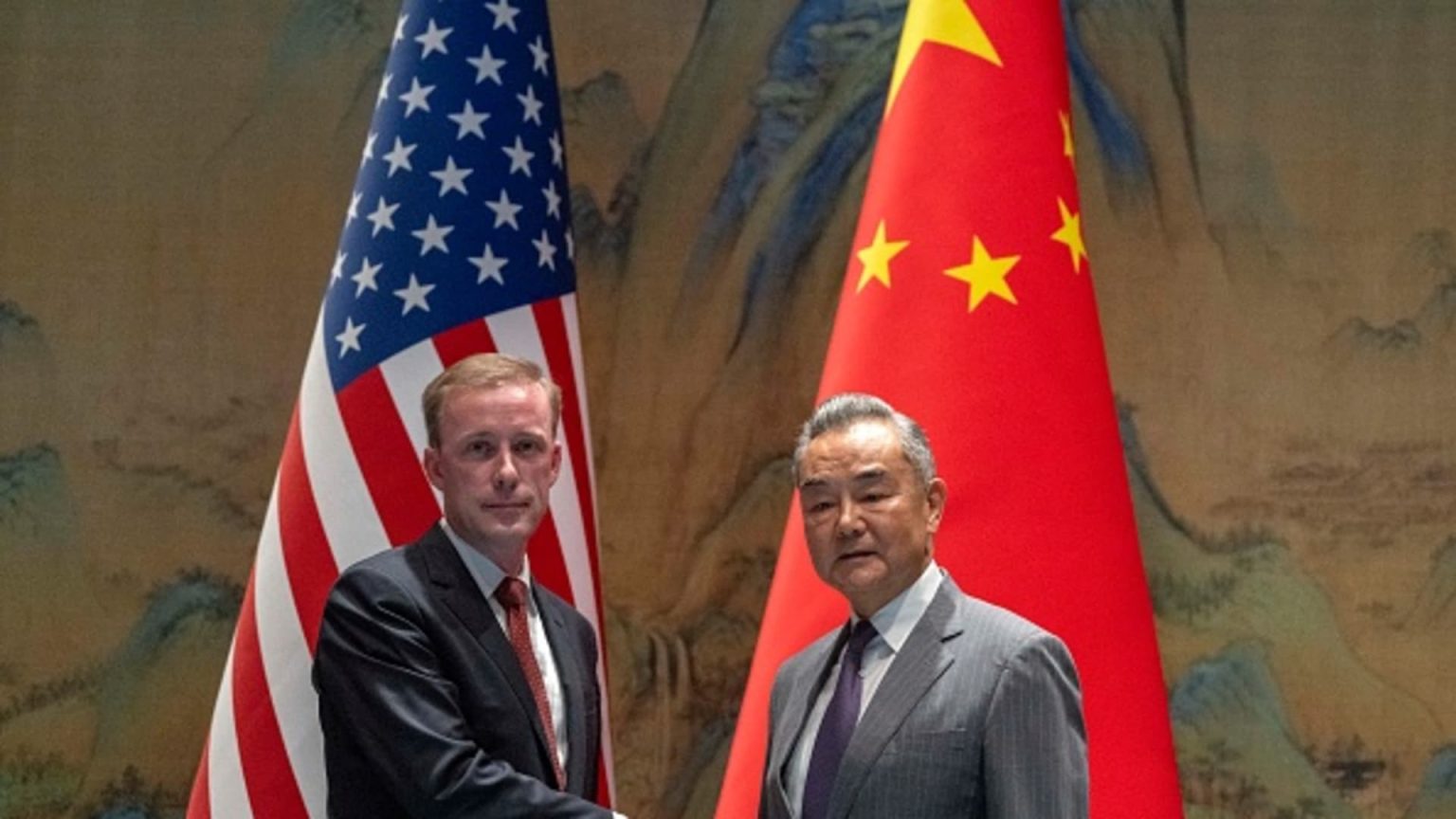The White House announced that U.S. President Joe Biden and Chinese President Xi Jinping are scheduled to speak over the phone in the near future. This announcement came during U.S. national security advisor Jake Sullivan’s trip to Beijing to meet with China’s top diplomat, Wang Yi. Both sides also confirmed that their military leaders would hold a call soon. Plans for the second round of U.S.-China talks on artificial intelligence are also in the works, with senior advisor John Podesta set to travel to China for discussions on international climate policy.
In the official readouts of Sullivan’s visit, both nations reiterated their positions on various contentious issues such as tech restrictions, Taiwan, the South China Sea, and Ukraine. Although Biden is not running for reelection in November, the statement from the White House did not name the presidents, instead referring to a “leader-level call.” The Chinese side’s statement used its usual language of “two heads of state,” indicating ongoing discussions for a new round of interaction between the two countries.
Biden and Xi previously had a phone call in early April following their meeting in November 2023 on the sidelines of a summit in Woodside, California. High-level communication between the U.S. and China has been challenging in recent years due to heightened tensions and Covid-19 restrictions. Events like U.S. Speaker of the House Nancy Pelosi’s trip to Taiwan in August 2022 and a notable “balloon incident” in February 2023 further strained the relationship, leading to the suspension of some planned talks.
Sullivan’s visit to Beijing marked the first trip to China by a U.S. president’s national security advisor since 2016, when Susan Rice traveled to Beijing during the Obama administration. Regardless of the outcome of the upcoming presidential election, both U.S. political parties agree on the importance of taking a tough stance on Beijing. Harris’ national security advisor, Phil Gordon, emphasized the need to address the broader “China challenge” beyond the Taiwan issue, focusing on preventing Beijing from acquiring advanced technology, intelligence, and military capabilities that could pose a threat to the U.S. government and its interests.
Overall, the planned phone call between Biden and Xi presents an opportunity for the two leaders to discuss important bilateral and global issues, including matters related to technology, security, and climate policy. Despite the challenges and tensions that have characterized U.S.-China relations in recent years, ongoing communication between the world’s two largest economies remains crucial for addressing shared concerns and ensuring stability in the region and beyond.


